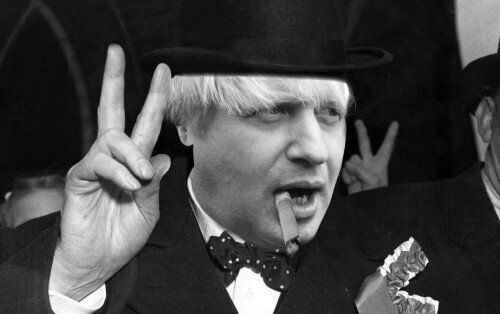Having been acquitted, he was sacked. But he is suing. Here is his statement:
Derek Pasquill, the Foreign Office Official who was acquitted of six charges of making disclosures damaging to international relations under s.3 of the Official Secrets Act 1989, has been dismissed by the FCO.
The criminal proceedings were dropped when the Judge was told that internal Foreign Office documents which had not previously been disclosed to the CPS actually undermined the prosecution case to the extent that the prosecution could not show that the alleged disclosures has been damaging to international relations. Despite this, FCO have taken this punitive step.
At the time of his acquittal Mr. Pasquill said:
“I have now been completely vindicated in my actions in exposing dangerous government policy and its changing priorities”.
Mr. Pasquill was alleged to have breached the Official Secrets Act by disclosing documents to the Observer and New Statesman relating to Foreign Office policy in the wake of the London bombings. He was alleged to have leaked documents and memos relating to the government’s attitude to secret rendition flights and radical groups such as the Muslim Brotherhood. When the internal memos supportive of Derek’s case were disclosed to the CPS, they dropped the case and Derek was acquitted on 9 January 2008. Questions were raised at the time as to why the FCO had allowed the prosecution to take place when they were in possession of the very evidence that ultimately caused it to collapse. Derek Pasquill had been subjected to an 18 month long investigation and months of court proceedings before the FCO finally disclosed the undermining documents to the CPS which eventually brought the case to an abrupt halt.
Despite this, he was dismissed summarily on the grounds of gross misconduct on 21 August 2008. Due to the FCO’s failure to mediate Mr Pasquill will be issuing proceedings in the Employment Tribunal on the grounds that he was victimised for making public interest disclosures.
Mr. Pasquill disclosed the relevant documents in the belief that the public had a right to know about what he felt were policies that undermined the “fight against terrorism”. He felt that government policy was contradictory and unsafe. For example, on the one hand officials and minister were advising that human rights abuses ought not to form part of policy dealing with terrorism, but at the same time participated in rendition. He also felt the public needed to be made aware of what he felt was a covert policy of appeasement.
Mr. Pasquill was suspended for twenty three months. He was then dismissed summarily eight months after he had been acquitted. Amongst the reasons for justifying his dismissal the FCO stated that the “leaking of information ….. is never justified”. Mr. Pasquill appealed against this decision on the basis that no account had been taken of the fact that such disclosures were in the public interest and had been made in good faith. Indeed, he asserted that many in the FCO felt the disclosures were not damaging as had been accepted by the CPS. He believed that he had been suspended and dismissed in retaliation for his disclosures, rather than any damage to international relations.
Shah Qureshi, Mr. Pasquill’s solicitor and employment law partner at Bindmans LLP said:
“The criminal case was dropped against Derek Pasquill because the disclosures were not shown to be damaging to international relations. That view was held by many experts in the FCO itself. My client feels it is far more likely that he has been victimised, contrary to the Public Interest Disclosure Act 1998, for making disclosures which he believed were in the public interest.”
Mr. Pasquill has tried to reach a resolution with the FCO without the need for legal recourse by appealing against the decision to dismiss him and attempting to engage in mediation. However, the FCO has refused to mediate and Mr. Pasquill believes he has no other option but to issue proceedings. His lawyer Shah Qureshi said:
“Derek Pasquill feels that he has been backed into a corner by the FCO’s belligerent stance. He made his disclosures in good faith with no benefit to himself. As a result, he has been subjected to criminal prosecution, stigmatisation and the loss of his livelihood for doing what he thought was ‘the right thing’. He will be issuing proceedings under the Public Interest Disclosure Act 1998 which was introduced to provide public interest whistleblowers with protection against such victimisation. Nevertheless the door remains open for the FCO to engage in meaningful discussion.”
Good luck Derek!


